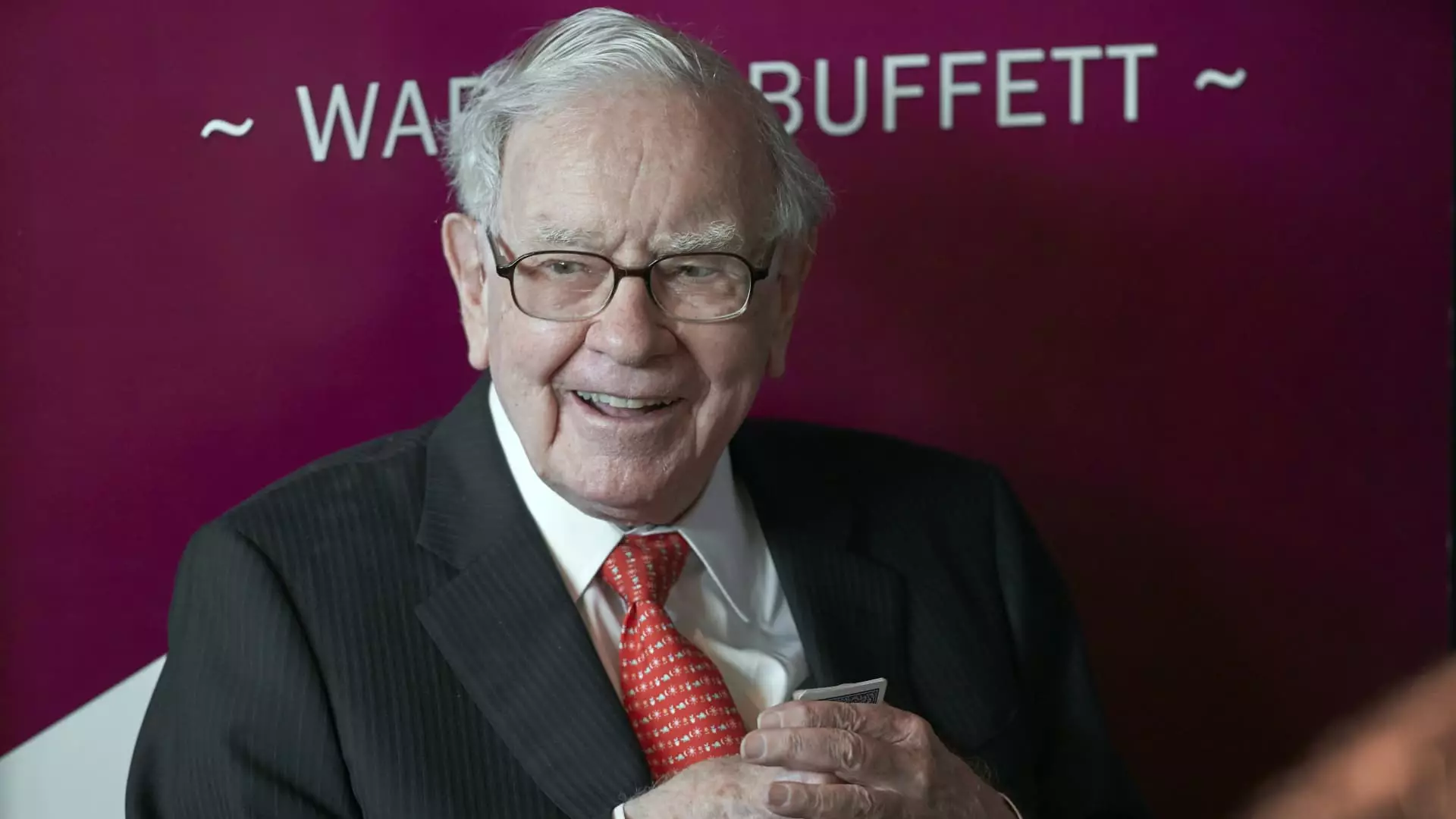Berkshire Hathaway, led by the legendary Warren Buffett, has been actively engaging in share buybacks as a means of returning value to its long-term shareholders. This strategic approach has resulted in a significant reduction in the company’s share count over the past few years.
Warren Buffett, known as the “Oracle of Omaha,” initiated a buyback program in 2011 and has continued to utilize this strategy in recent years. He believes that buybacks are a beneficial way to increase shareholders’ wealth without the need for additional investment. By reducing the number of outstanding shares, Berkshire is able to enhance the value of each individual share held by investors.
Buffett has established specific criteria for when Berkshire will engage in share buybacks. The first condition is that he must believe the stock is undervalued in relation to its intrinsic worth. Secondly, Berkshire must have sufficient cash reserves even after completing the buybacks. Buffett is adamant about not overpaying for Berkshire shares, as he views it as detrimental to shareholders.
In the first quarter of 2024, Berkshire spent $2.6 billion on share repurchases, an increase from the previous quarter. Buffett expressed confidence in the current pace of buybacks but indicated a willingness to allocate more funds towards repurchases if market conditions present attractive opportunities.
Despite the recent success of Berkshire’s share buyback program, Buffett remains open to the possibility of deploying additional capital for repurchases under favorable market conditions. He emphasized the importance of reducing shares when it makes financial sense and expressed optimism about the potential for significant opportunities in the future.
Berkshire’s stock has seen a substantial increase in value this year, outperforming the S & P 500. UBS estimates that Berkshire’s shares are currently trading at a 6% discount to intrinsic value, which is lower than the average discount observed since the company resumed buybacks in 2018. The Wall Street firm projected that Berkshire repurchased nearly $2.5 billion of its own stock in the second quarter.
Berkshire Hathaway’s strategic approach to share repurchases under the guidance of Warren Buffett has proven to be an effective method of creating value for shareholders. By adhering to strict criteria and remaining attentive to market conditions, Buffett and his team have successfully reduced the company’s share count while enhancing shareholder wealth. The future outlook for Berkshire’s share buyback program remains positive, as Buffett continues to seek opportunities to deploy capital for the benefit of long-term investors.


Leave a Reply